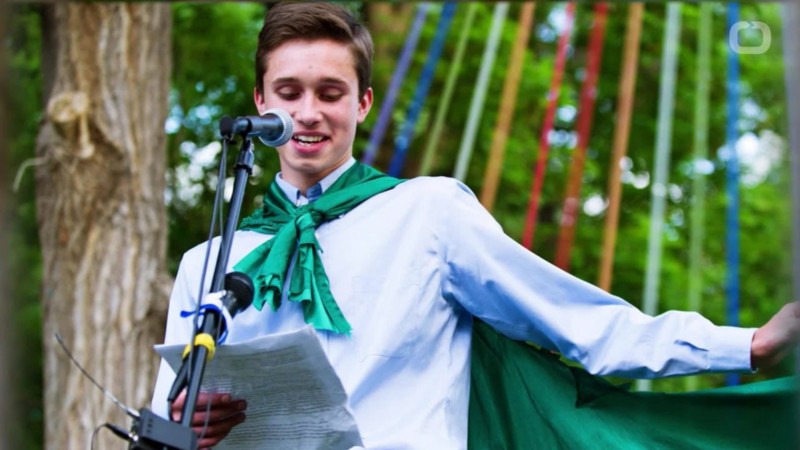School’s Out, and So Is Free Speech at High School Graduation Ceremonies

By Emma Vahey
The 2018 graduation season has been a particularly brutal moment for free expression, and not for the reason one might expect. Rather than universities bearing the brunt of rancor testing First Amendment protections, high schools have been in the foreground this year.
A Kentucky high school valedictorian was informed on the morning of his graduation that he would not be giving the valedictory address after all; the Catholic diocese that oversees the private high school he attended had deemed his speech too “political” and “too angry and confrontational.” The student body president was likewise banned from delivering her planned speech because it was “too personal.”
These two were not the only high-schoolers to fall victim to administrative censorship this graduation season. The instant a California high school valedictorian began to reference sexual assault in her address, her microphone was turned off.
These high school incidents might not gain national media coverage as easily as incidents on college campuses, but they should nonetheless raise serious concern. At a Texas high school, the principal censored the student-run publication, Eagle Nation Online, three times before ultimately deciding not to renew the contract of its nationally respected adviser — because the newspaper had included content not entirely flattering of him or the school. In the Kansas City area, administrators at various schools within the Shawnee Mission school district instructed students on what they could and could not say during walkouts to support reform of gun laws.
The near-constant flow of articles about the “Free Speech crisis” shows that many people are concerned, even outraged, about the status of freedom of expression at universities — but high schools are often left out of these conversations.
This omission is a huge mistake. If we are seeking a solution for the problems at universities, high schools are one place to look. A greater awareness at that level about student rights to freedom of expression would undoubtedly contribute to improving the atmosphere on college campuses.
A recent study by the Brookings Institution revealed that many college students do not fully grasp the protections offered by the First Amendment. Perhaps more importantly, college students generally seem indifferent to what some fear is the slow death and burial of the cultural value of freedom of expression. See, for example, the Brookings finding that college students seem to prefer learning environments that keep them more sheltered from ideas with which they disagree. While a greater emphasis on diversity and inclusion is a critical part of being an engaged member of a global, multicultural society, there need not be a trade-off between that value and the value of free expression.
Even if many of my peers do not acknowledge the implications of their attitudes, their beliefs about the scope of the First Amendment are revealing of why everyone should be gravely concerned by the status of student rights in U.S. high schools.
Indeed, the status of student rights in U.S. high schools is a matter of grave concern. And as it happens, civic education is minimal. Students are not likely to have a firm grasp of most concepts after a quick and cursory overview of governmental operations — and in most states, high-schoolers are required, or strongly encouraged, to take only a half-year of civics. These brief classes offer a limited awareness of how the Constitution applies to them as students. As the Center for American Progress notes in its 2018 report on high school civic education, “state civics curricula are heavy on knowledge but light on building skills and agency for civic engagement.”
Administrative crackdowns on student speech in high schools across the nation are pervasive. High school students are usually not taught how to stand up for their First Amendment rights, if they are even aware those rights exist. Sadly, the American Civil Liberties Union’s webpage for high school students includes the basic question, “Do I have First Amendment rights in school?” By leaving high school students unsure and wondering about their First Amendment rights, we open the door to college students’ reluctance to question restrictions on their speech, or even embracing said suppression.
We expect college students to think critically, engage in debate, question all assumptions, and become leaders in society’s ongoing quest for truth. Yes, these notions might be just as platitudinous as the usual trite graduation speeches of the season. But in order to achieve those ideals, it is crucial that students learn more deeply about their First Amendment rights and the intrinsic value of civil discourse and free expression, while they are still in high school.
Emma Vahey is a member of the Class of 2020 at Georgetown University, studying government and linguistics. She interned at the Foundation for Individual Rights in Education.